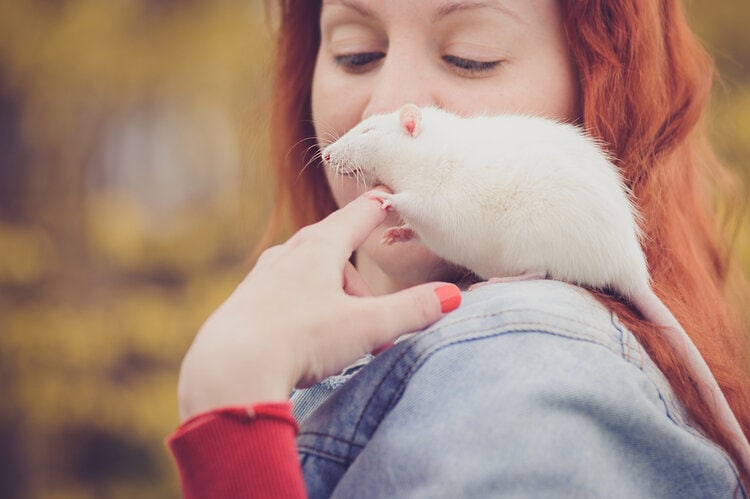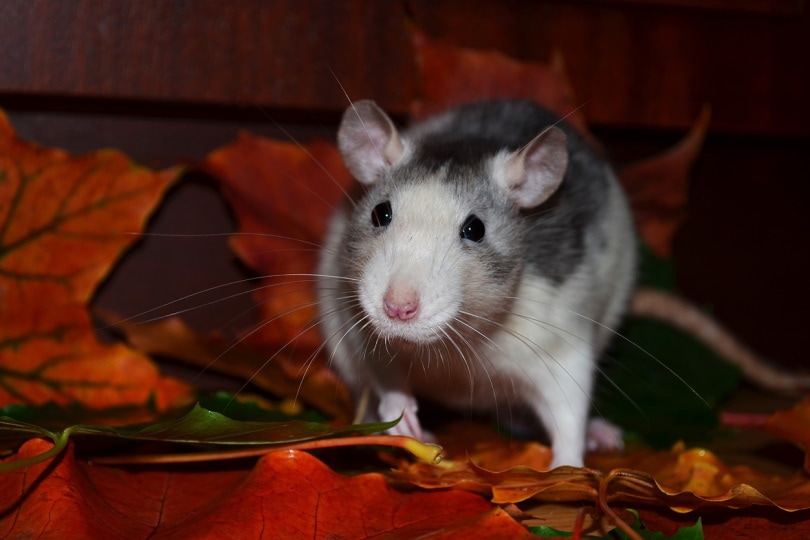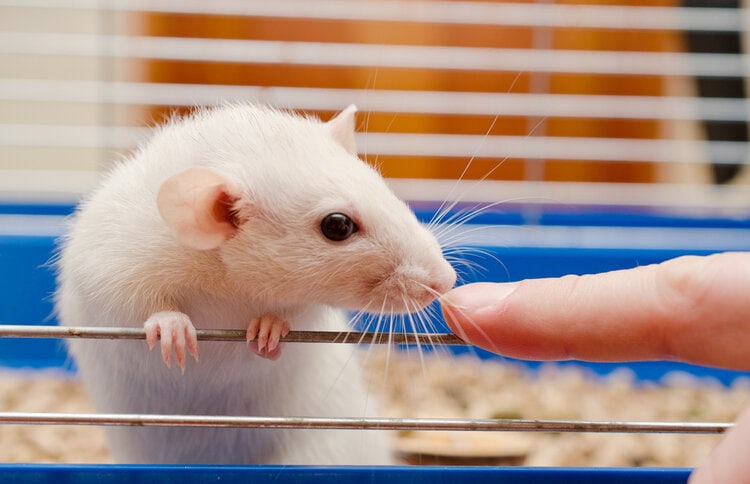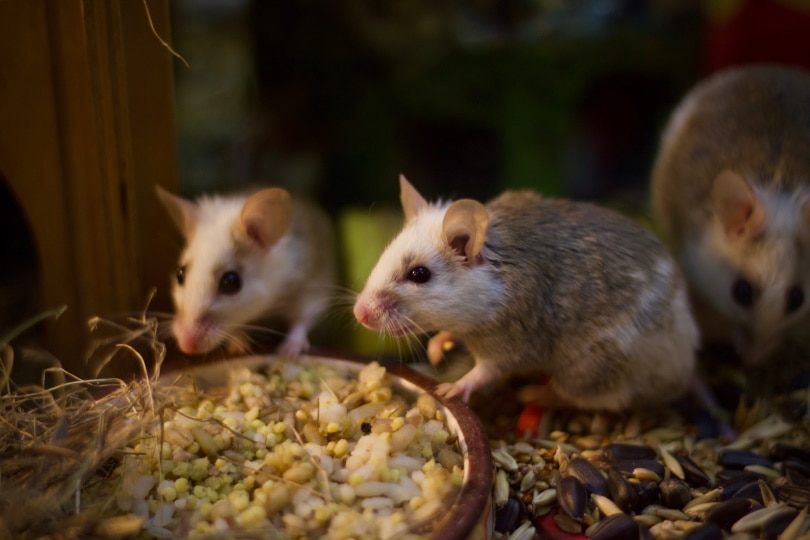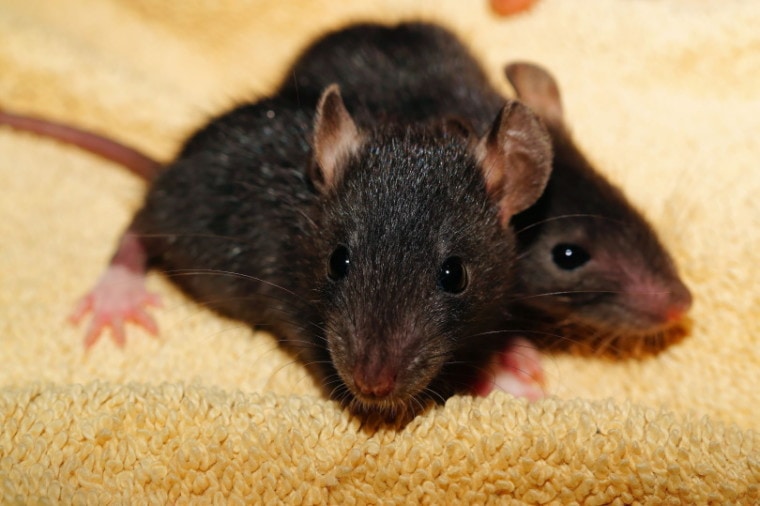
Many mammals hibernate over the winter months as a way to survive the winter. Many rodents also hibernate, but does that include mice? Do pet mice hibernate?
For the most part, the answer is no. Pet mice and most wild mice do not hibernate over the colder months.
Here, we discuss hibernation and what pet mice typically do during the chilly winter months. We also look at how to keep your mice comfortable during the colder weather.
What Exactly Is Hibernation?
We’ve all heard of it but what exactly is hibernation? Contrary to popular belief, bears don’t actually hibernate. They do something called denning, which means you can rouse a sleeping bear because they are just in light dormancy.
True hibernation involves the mammal slowing their metabolism, breathing, and heart rate and lowering their temperature. A ground squirrel’s temperature can drop to 28.4°F (-2°C), and a bat’s heart rate falls from 400 beats per minute to 11.
It’s typically small mammals, such as hedgehogs, chipmunks, hamsters, and bats, and certain reptiles, amphibians, and insects that hibernate.

Why Do Mammals Hibernate?
Hibernation helps animals survive the winter months without the need to find food or migrate to warmer climates. They conserve energy by slowing down their metabolism, and they typically hibernate from fall to spring.
This is risky for the animal because it leaves them vulnerable to the cold and predators. If the animal hasn’t adequately prepared for their hibernation, they could die from a lack of body fat or waking up too early, as well as severe weather.
Do Mice Hibernate?
Very few mice, even wild ones, actually hibernate. However, there are a few kinds of mice that are known to enter hibernation.
There are five different species of jumping mice that are found in China and North America that all hibernate. Dormice, which are commonly found in Europe, also hibernate.
Other species, like the North American deer mouse, enter something called a torpor phase. This is a brief version of hibernation in which the animal’s metabolism, breathing, body temperature, and heart rate lower for typically less than one day. Some bats or birds, like frogmouths and hummingbirds, also go into torpor, sometimes every day.
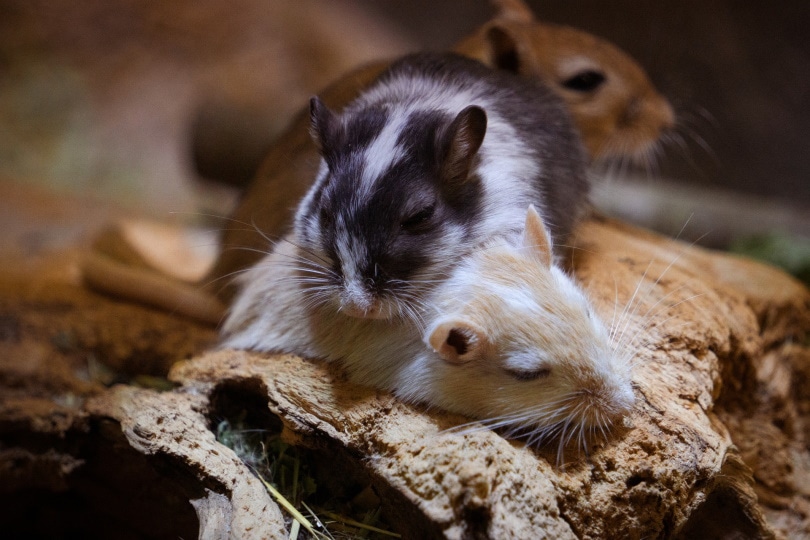
Why Don’t Mice Hibernate?
Most mice don’t need to. A mouse will find ways to adapt to cold weather by using food as energy, which helps prevent their body temperature from plummeting. They also use their muscles to shiver. Some mice have a unique kind of fat that is made up of brown adipose that provides them with heat without needing to shiver.
Many mice will also the sanctuary of human houses in the colder months to help them survive. They build cozy nests and forage for food all night and hoard it.
Do Mice Hibernate in the Summer?
Some animals will hibernate in the summer when the temperature is exceptionally high. This is called aestivation, and earthworms, snails, lungfish, reptiles, and some amphibians usually hibernate at this time to escape the heat.
A few species of mice will also experience torpor on the hottest summer days. But for the most part, mice will forage at night and sleep throughout the day to avoid the heat and to conserve water and energy.

What Do Pet Mice Do in the Winter?
Domesticated mice tend to be crepuscular, which means they are most active at dusk and dawn, but they are also nocturnal. Mice can average about 14 hours of sleep every day, so you might not spend much time with your pet mouse because they will be active while you’re asleep.
Otherwise, you shouldn’t see much difference with your mouse during the winter months. They should get about the same amount of sleep and activity during the summer as in the winter.
What Is the Best Environment for Your Mice?
You need to maintain the temperature between 64°F (18°C) and 79°F (26°C) to keep your mice comfortable. Any colder or hotter than that will make your pets quite uncomfortable, and they can potentially suffer from health issues.
During cold weather, mice need a reliable source of water and food. These go a long way toward helping mice adapt to temperature fluctuations and keep to a normal sleep schedule.
Additionally, to keep your mice in good health, their enclosure should be kept out of direct sunlight and wind (or any strong drafts). Ensure that their water is always clean and fresh.
Finally, make sure to provide enough enrichment for your pets. Mice do best with many things to chew and climb on. You should give your mice a running wheel and plenty of shelves and vertical surfaces so they can spend time climbing and exploring.
They also need tunnels to hide in and chew on. Paper towel rolls will be quite beneficial for you as a mice owner.
You also need to provide them with the right kind of bedding and nesting material because mice love to burrow, and it can help keep them warm.
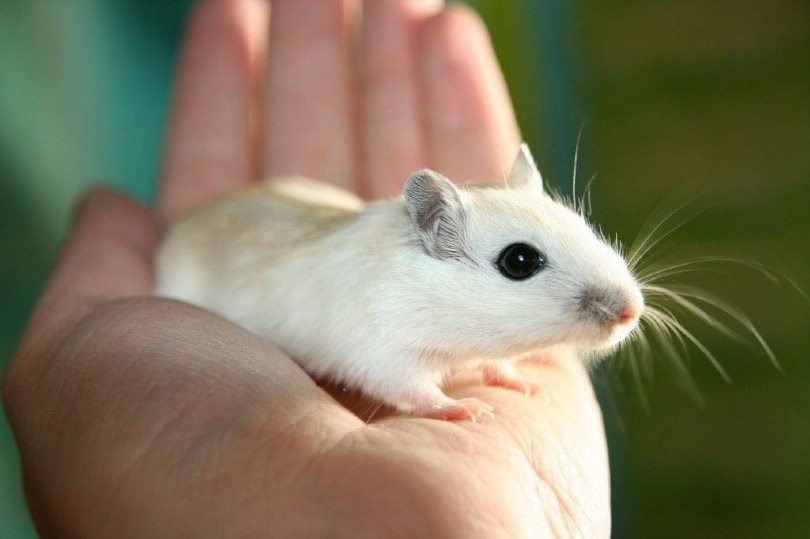
Final Thoughts
If you notice that your mice are sleeping for long periods during the winter, it’s nothing to worry about because mice sleep for about 14 hours, anyway. They aren’t hibernating or even experiencing torpor — they sleep in the daytime, so if that’s mostly when you’re awake, it might seem like all they are doing is sleeping.
There are ways of “training” your mice to become predominantly crepuscular, so you can spend more time with them during the day.
As long as you ensure that your mice are kept in a safe habitat and are given food, water, and entertainment and the temperature is kept at an optimum level (64°F (18°C) and 79°F (26°C)), your mice should do just fine during cold, blustery winter months.
See also:
Featured Image Credit: Piqsels


